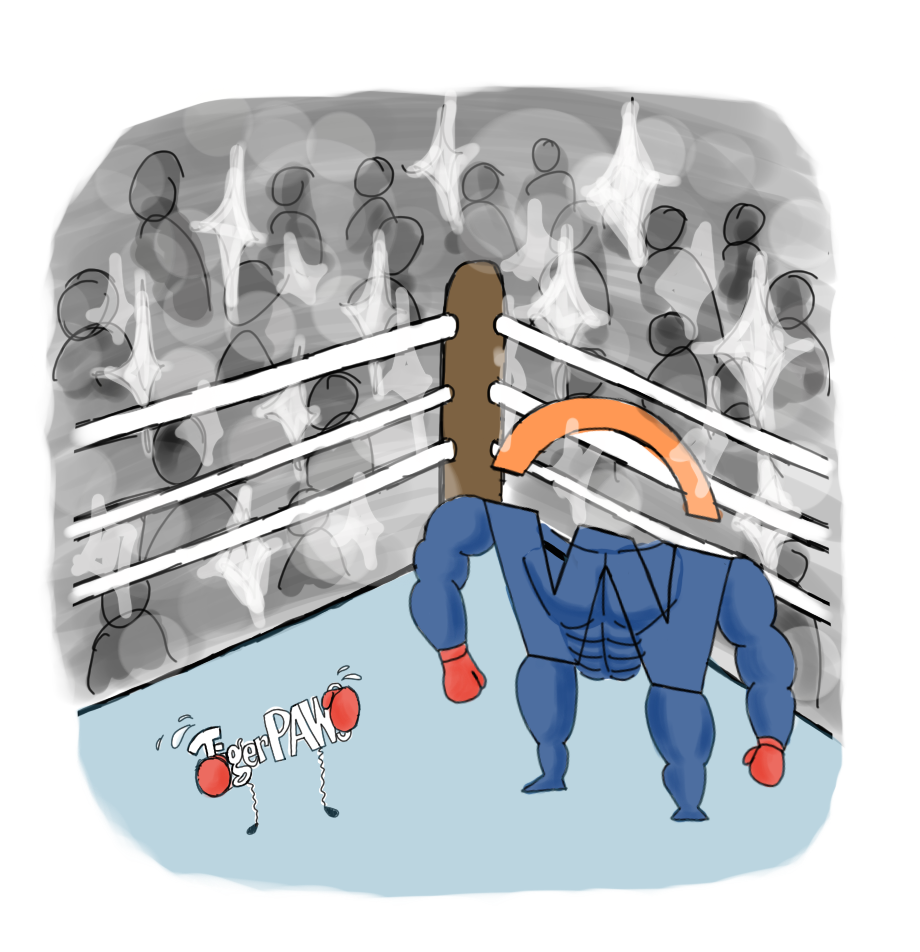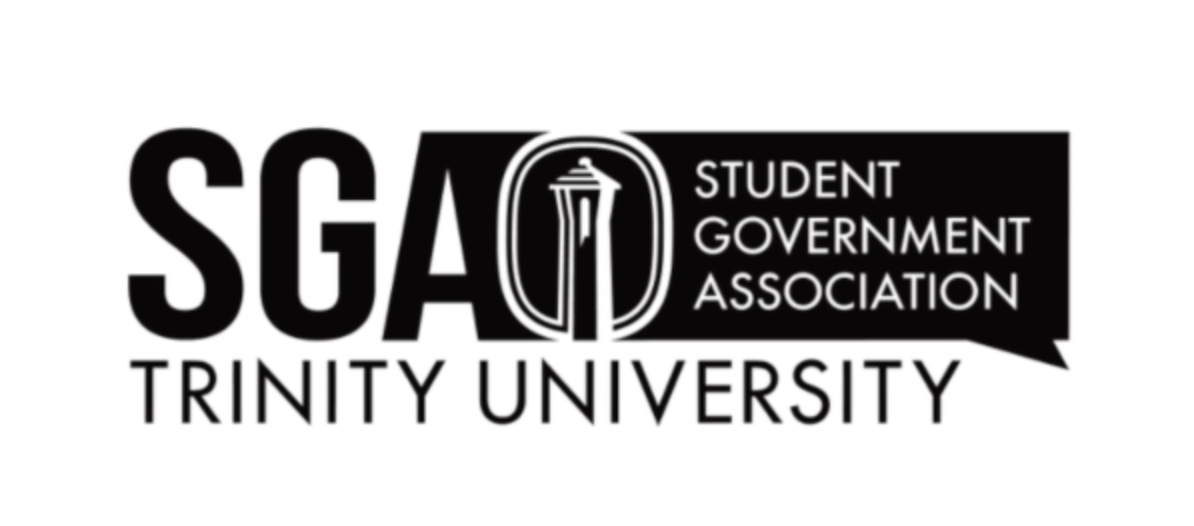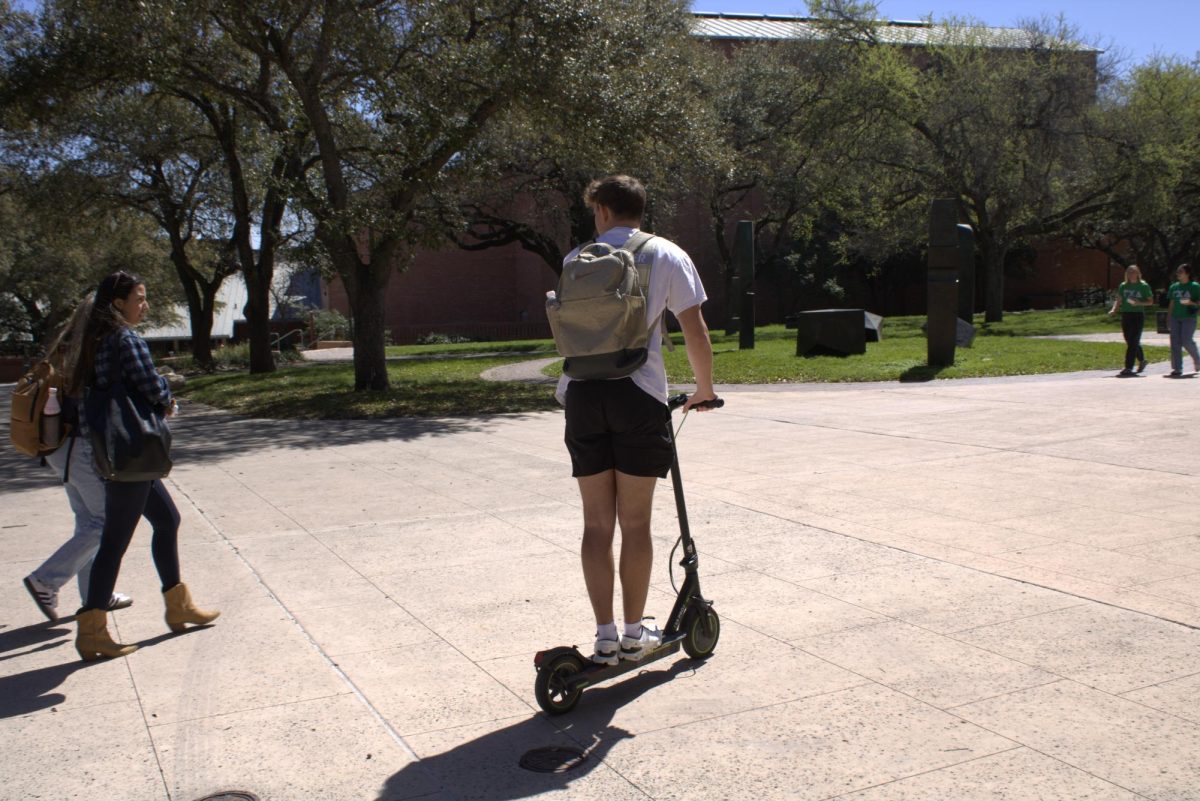A software company, Colleague, created TigerPAWS in the late 1990s, serving thousands of Trinity students during their college careers. To update and modernize university systems, students, faculty and staff will gain access to Workday Student by the Digital Transformation (Dx) team before summer and fall 2025 class registration on March 17.
The DX team is responsible for implementing Workday products such as their student platform. The DX team has been implementing this transition for two years, and it’s the last piece of Trinity’s digital transformation program initiative. The other steps in the plan included implementing Workday for on-campus jobs and Canvas. The IT team transitioned slowly because they needed time to ensure Workday Student would have all of TigerPAWS’s capabilities.
Workday Student is a cloud-based student information system, with the same functionalities as TigerPAWS.
However, the system has additional features including the ability to plan and save multiple class schedules, record you saying your name, and with this all this information available to your professors before classes begin.
Students reported slowdowns and crashes in the past when registering for classes on TigerPAWS. Michelle Bartonico, senior strategist and project manager and Workday Student organizational change management and training leader, cited functional reasons for deactivating TigerPAWS.
“It makes registration for you guys way more stressful than it needs to be, and administrative processes were a little bit too cumbersome,” Bartonico said. “The HR data, student worker data, the student academic data: It’s all in one place now.”
Students will be invited to complete onboarding on March 17. This will include signing up for TrinAlert, looking at financial agreements, verifying personal information and setting up new Workday Student profiles. Once students complete the onboarding process and meet with their advisor, they will be ready to register for fall or summer semester classes.
During the two-year preparation period to switch platforms, Trinity formed the Readiness Collective, a group of faculty, students and staff who do testing and are available to answer questions about this technology transition if needed.
Workday Student has updates to class registration as well. Students can search by pathway requirement, view course capacity and see their spot on a waitlist — features TigerPAWS didn’t have. The Readiness Collective team is offering various support options to help the Trinity community with the Workday Student transition. They’ll have just-in-time training and a Canvas page closer to class registration, so students and faculty will remember and retain the information. SIS at Trinity’s website will hold Zoom hours to troubleshoot issues and have a signup for crash courses and FAQs to reference.
“I would strongly recommend taking advantage of any support that’s being offered to you on the website,” Bartonico said. “Registration is huge. It’s already stressful, so try to take advantage of any support you can get that’s being offered.”
Some students have had the chance to test the new software before the rest of the student body. Melissa Garcia, junior accounting major, tested Workday Student as a part of her job in the IT department.
“TigerPaws has been around for a while, and a lot of students have complained that it’s just very old,” Garcia said. “They’ve done a good job of making Workday a lot more user-friendly, and everything’s consolidated in one place.”
Fifteen students tested Workday Student, and the project team has implemented their feedback throughout the testing phase. Kevin Hearn, manager of Academic Technology and Readiness Collective member, mentioned it was a good idea to ask for student feedback.
“It would be a mistake to have such a large-scale rollout without the feedback of the people who are actually going to use it,” Hearn said. “Without that kind of user support, how could you possibly anticipate your problems or questions or things to know before the rollout?”
There are people providing feedback on the transition across campus. LaPetra Bowman, director of Academic Advising, oversaw and developed the advising pieces.
“A new system, of course, is going to come with some anticipations and some hesitations,” Bowman said. “I would just say, lean into it rather than leaning away. Lean into it.”








